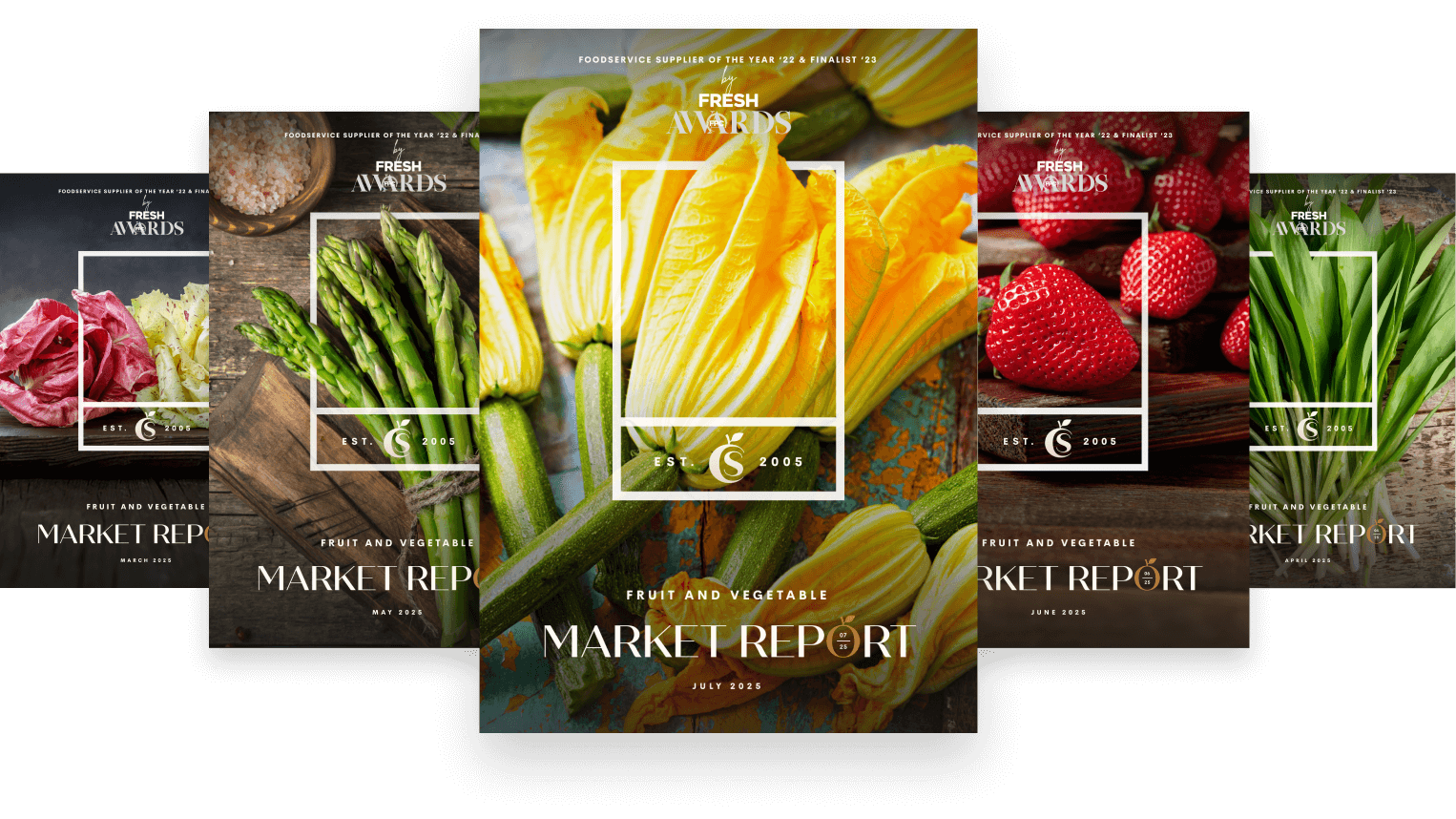Policy Statement
County Supplies (CS) is committed to preventing modern slavery, human trafficking, forced and compulsory labour, and servitude within our business and supply chain. We have a strict zero-tolerance approach and are aware of the potential risks related to our business. We do not knowingly trade, partner or contract with any organisation, in the UK or abroad, that is involved in or supports such practices and have effective systems in place to safeguard against any form of modern slavery taking place within the business or our supply chain.
Our Business
CS operates as a wholesale supplier of fresh produce and is based at New Covent Garden Market (NCGM) in London, where all employees are directly employed on a full-time basis. We have no additional locations or outsourced workforce.
Supply Chain, Policy & Due Diligence
Our supply chain includes fresh produce, frozen items, dairy and dry goods sourced solely within the UK and is committed to ensuring our business and supply chain remain free of modern slavery and human trafficking.
As part of our diligence:
- All suppliers must sign the CS Supplier Code of Conductand complete the CS Supplier Assessment Questionnaire (SAQ) confirming they have modern slavery and anti‑trafficking policies in place
- We build long-term relationships with suppliers and only proceed with those whose policies and practices meet the standards required under the Modern Slavery Act 2015
- All staff are made aware of modern slavery risks and understand and agree to uphold our policy
To support these actions, we also encourage the reporting of concerns and the protection of whistle-blowers. We regularly review supply chain policies, codes of conduct and our working practices.
Training & Awareness
We provide training to ensure that all staff understand:
- What modern slavery and human trafficking are
- The signs to look for and how to report any suspicions in a timely manner
- Their responsibilities under our anti-slavery policy
The CS leadership team is responsible for compliance in their respective department and for their supplier relationships.
This statement is made pursuant to section 54(1) of the Modern Slavery Act 2015 and constitutes our Company’s Slavery and Human Trafficking Policy.
Robert Hurren,
Founder & CEO
